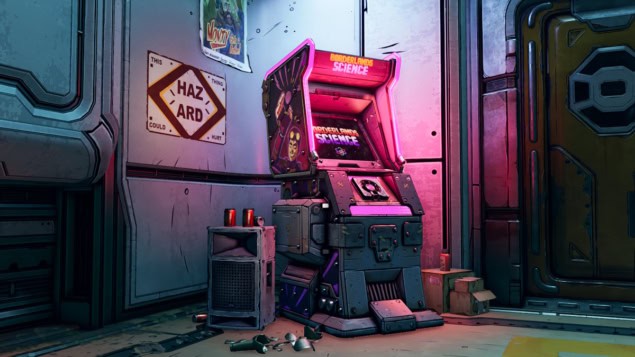
Complex scientific problems require large-scale resources to solve. So why not look for help from the billions of gamers around the world who spend so much time on their computers?
That’s the idea behind a new kind of citizen science, in which members of the public contribute to research projects by playing video games designed to perform specific scientific tasks.
A research team headed up at McGill University in Canada is now using this approach to understand more about the human microbiome – the tens of trillions of microbes that colonize our bodies, some of which play a vital role in our health.
Unlike most previous citizen science video games – designed for users with a specific interest in science, likely limiting their accessibility to the wider gaming community – this latest citizen science activity is integrated into a commercial video game that’s played by tens of millions of gamers.
The story began on 7 April 2020, when the team released a tile-matching mini game called Borderlands Science as a free download for the role-playing shooter–looter game Borderlands 3. Since then, as the researchers report in Nature Biotechnology, over four million players have solved more than 135 million science puzzles.
“We didn’t know whether the players of a popular game like Borderlands 3 would be interested or whether the results would be good enough to improve on what was already known about microbial evolution. But we’ve been amazed by the results,” says senior author Jérôme Waldispühl in a press statement. “In half a day, the Borderlands Science players collected five times more data about microbial DNA sequences than our earlier game, Phylo, had collected over a 10-year period.”

The mini game requires players to align rows of tiles representing the genetic building blocks of different microbes. The gamers’ efforts have helped trace the evolutionary relationships of over a million different types of bacteria in the human gut, improving upon results produced by existing computer programs. The researchers hope to use this information to understand how microbial communities are affected by diet and medications, and to relate specific types of microbes to diseases such as inflammatory bowel disease and Alzheimer’s.

Citizen scientist discovers 34 brown dwarfs in binary systems
“Because evolution is a great guide to function, having a better tree relating our microbes to one another gives us a more precise view of what they are doing within and around us,” explains Rob Knight from UC San Diego.
McGill’s Attila Szantner, who co-founded the Swiss IT company Massively Multiplayer Online Science (MMOS) and came up with the idea of integrating DNA analysis into a commercial video game, points out that the Borderlands Science project demonstrates the vast potential of teaming up with the gaming industry and its communities to tackle major scientific challenges.
“As almost half of the world population is playing with video games, it is of utmost importance that we find new creative ways to extract value from all this time and brainpower that we spend gaming,” Szantner says.



